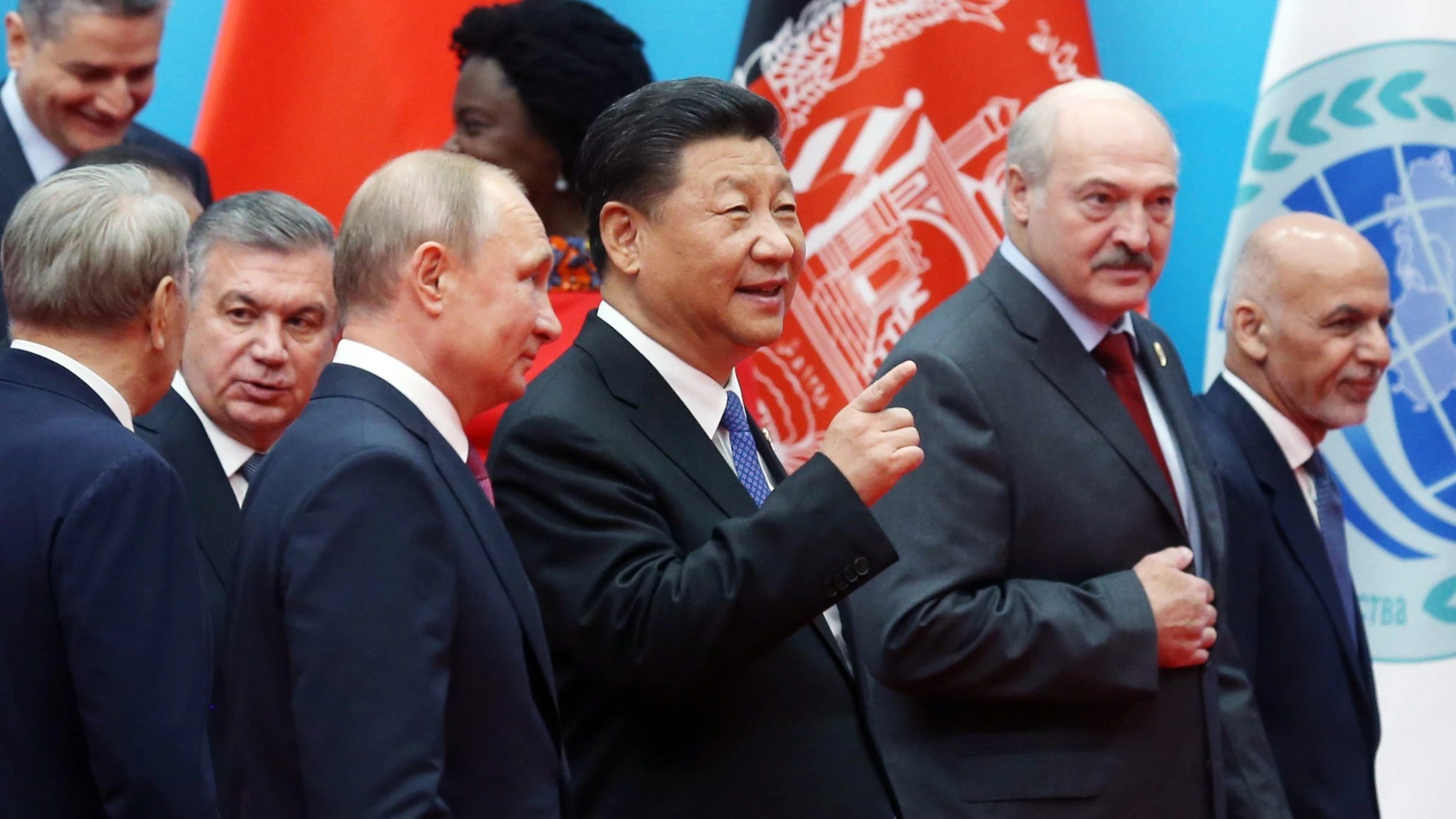3.69 BYN
3.00 BYN
3.49 BYN
Yalta-2 on Red Square. World Leaders are Shaping New Geopolitical Order

The Victory Parade on May 9, 2025 in Moscow, commemorating the 80th anniversary of the victory over Nazism, will bring together 27 world leaders representing more than 4 billion people. Among them are Xi Jinping (China), Luiz Inácio Lula da Silva (Brazil), Aleksandar Vucic (Serbia), Robert Fico (Slovakia) and Alexander Lukashenko, as well as the leaders of Indonesia, Burkina Faso, Egypt, Cuba, South Ossetia and Abkhazia.
India will not be represented by Prime Minister Narendra Modi, who canceled the visit due to the escalation with Pakistan, and Defense Minister Rajnath Singh is likely to be replaced by Deputy Minister Sanjay Seth.
The Parade goes beyond a historical celebration, becoming a platform for the creation of Yalta-2 - a new multipolar world order free from Western hegemony.
Against the backdrop of conflicts in Ukraine, the Middle East and Indo-Pakistani tensions, Russia, China and Belarus are strengthening their alliance with the Global South.
Geopolitical Context
The Parade comes amid global challenges, including the conflict between Ukraine and Russia, hostilities in the Arabian Peninsula and the Arab-Israeli standoff. Xi Jinping's visit from May 7 to 10 will be a key milestone that strengthens the "borderless" partnership between Moscow and Beijing.
The presence of Vucic and Fico underscores the disunity within Europe, where these leaders are defending their countries' national interests despite the boycott of most EU countries.
At the same time, Vladimir Zelensky expressed concern about the safety of foreign delegations in Moscow, which adds a lot of tension around the pre-holiday events.
The Role of Belarus and Lukashenko
In this global context, Belarus and its President Alexander Lukashenko play an important role in shaping the new world order. Belarus, as Russia's closest ally, acts not only as a strategic partner within the framework of the Union State, but also as an active participant in geopolitical processes aimed at reformatting the international system.
Lukashenko, whose presence at the Victory Parade in Moscow has been confirmed, is using this platform to promote the idea of a multipolar world where the countries of the Global South and the post-Soviet space can play an independent role.
Since the 1990s, Belarus has been developing ties with China, Africa and Latin America, making it one of the links between Russia and these regions, while supporting integration into the EAEU, SCO and BRICS.
Expected Agreements
Xi Jinping's visit will be marked by signing of intergovernmental agreements, the details of which have not yet been disclosed. As in 2023, they are likely to cover energy, trade and infrastructure.
Led by leaders from Russia, China, Belarus, the Global South and Latin America, Moscow is initiating Yalta-2. Key agreements are expected that will shape the future of international relations, although their details have not yet been disclosed.
Most likely, they will continue the line of the joint statement of Putin and Lukashenko of March 13, 2025, which includes:
- strengthening of strategic partnership in all spheres;
- development of trade, economic and investment cooperation, including industrial cooperation and infrastructure projects.
Putin will also hold more than 15 bilateral meetings:
- May 7 - partnership agreement with Venezuela, talks with leaders of Cuba, Mongolia, Congo;
- May 8 - meeting with Xi Jinping, statements on deepening cooperation between Russia and China;
- May 9 - discussion of Ukraine with the President of Brazil, meetings with the heads of Egypt, Serbia, Slovakia, Uzbekistan;
- May 10 - talks with the leaders of Vietnam, Laos, Zimbabwe, Palestine (6 meetings in total).
New World Order
Leaders of states that control key logistics routes and resources are seeking to end the Bretton Woods financial system and the influence of the IMF and IBRD. The Victory Parade will be the start of Yalta-2, symbolizing multipolarity and economic independence. The participation of Brazil, Egypt, and Ethiopia reflects the growing influence of the Global South. Belarus, supporting the initiatives of Russia and China, strengthens BRICS and SCO, advocating trade ties with Africa and Asia.
The Victory Parade on May 9, 2025 will be not only a celebration of a historic victory, but also a geopolitical event that will shape the future. The participation of 27 leaders of states, agreements between Russia and China, and Lukashenko's role in promoting multipolarity emphasize the determination of Moscow, Minsk and their partners to create a new architecture of political ties based on mutually beneficial cooperation and respect for national sovereignties.















